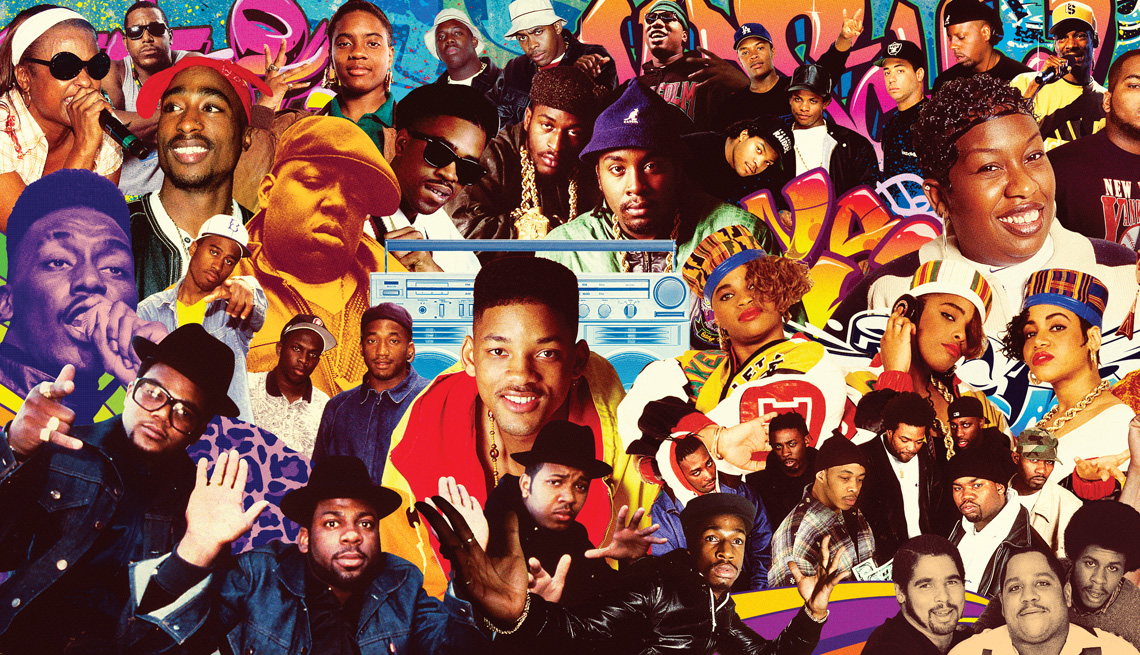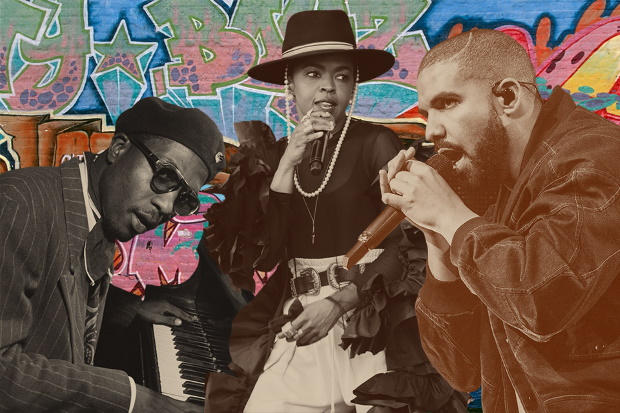What is Hip Hop?
Hip hop is a cultural movement that emerged in African American and Latinx communities in the Bronx, New York City, in the 1970s. The movement includes four key elements: rapping (also known as MCing), DJing, breakdancing, and graffiti art.
Rapping is the vocal delivery of rhyming lyrics, often accompanied by a beat produced by a DJ. DJing involves manipulating sounds and creating beats using turntables and other equipment. Breakdancing involves acrobatic and athletic movements performed to hip hop music. Graffiti art involves creating visual art using spray paint and other materials.
Hip hop has since expanded globally and has had a significant impact on music, fashion, art, and popular culture. It has also been used as a form of social and political commentary, addressing issues such as racism, poverty, and inequality.
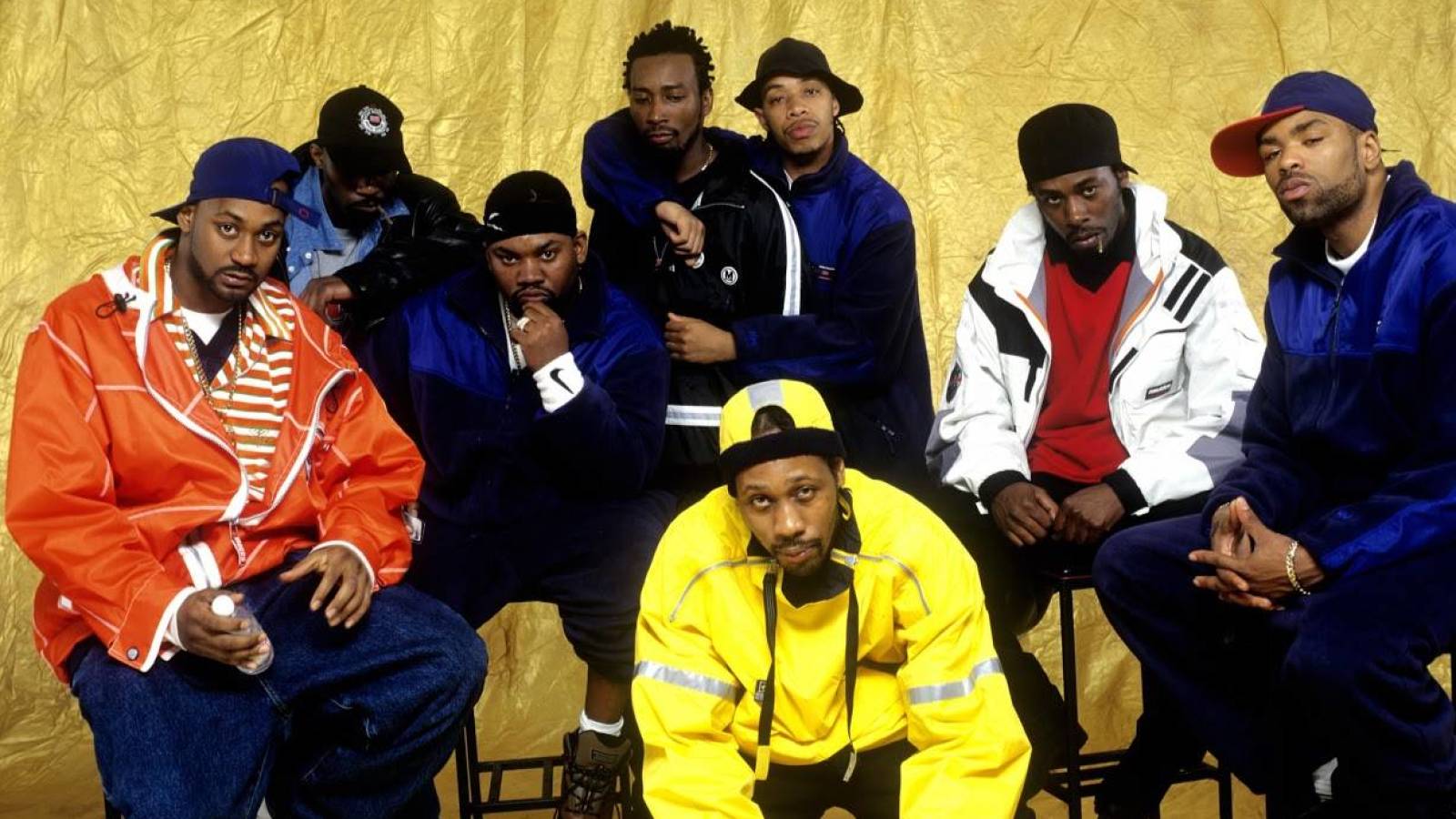
Hip Hop Over The Years
Hip hop has evolved significantly since its emergence in the 1970s. In the early days, hip hop was mainly centered around block parties and live performances in the Bronx, with DJs and MCs improvising over breakbeats and funk samples.
In the 1980s, hip hop gained mainstream popularity with the emergence of artists such as Run-DMC, LL Cool J, and Public Enemy. This era was characterized by a focus on social and political issues, as well as the emergence of new styles of rap music, such as gangsta rap and conscious rap.
In the 1990s, hip hop continued to grow in popularity, with artists such as Tupac, The Notorious B.I.G., Wu-Tang Clan, and Nas becoming household names. This era was characterized by an emphasis on storytelling and lyrical prowess, as well as the rise of regional scenes such as West Coast and Southern rap.
In the 2000s, hip hop continued to evolve with the emergence of new subgenres such as crunk, snap, and trap. This era was also marked by the rise of commercially successful crossover artists such as Jay-Z, Kanye West, and Outkast, who brought hip hop to new audiences and expanded the genre’s influence.
Today, hip hop remains a dominant force in popular culture, with artists from all over the world continuing to push the boundaries of the genre and explore new sounds and themes.
Wu-Tang Clan
The Wu-Tang Clan is a legendary hip hop group from Staten Island, New York, that formed in 1992. The group consists of nine members: RZA, GZA, Method Man, Raekwon, Ghostface Killah, Inspectah Deck, U-God, Masta Killa, and Ol’ Dirty Bastard (who passed away in 2004).
The Wu-Tang Clan is known for their gritty, innovative sound, which blends elements of martial arts, kung-fu movies, and old soul and funk samples. They are also known for their intricate wordplay, vivid storytelling, and unconventional approach to songwriting and production.
The Wu-Tang Clan’s debut album, “Enter the Wu-Tang (36 Chambers),” released in 1993, is widely considered one of the greatest hip hop albums of all time. The album was a commercial and critical success, and it introduced the world to the unique sound and style of the Wu-Tang Clan.
The Wu-Tang Clan has had a massive impact on hip hop, inspiring generations of artists with their unapologetic, uncompromising approach to the art form. They have been influential in the development of the East Coast hip hop sound, and their influence can be heard in the work of countless artists across the globe. They have also launched the solo careers of many of their members, who have gone on to become successful artists in their own right.
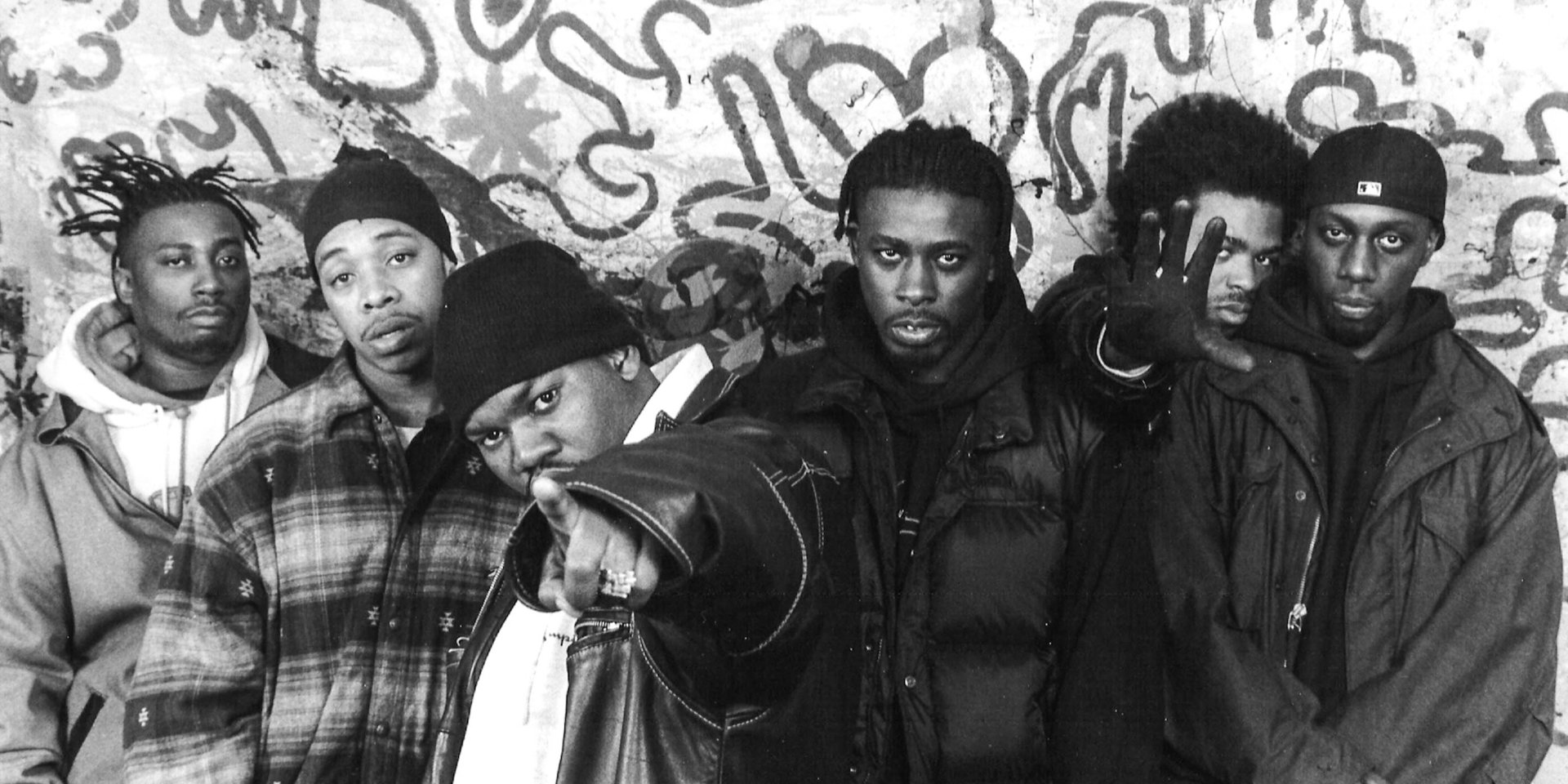
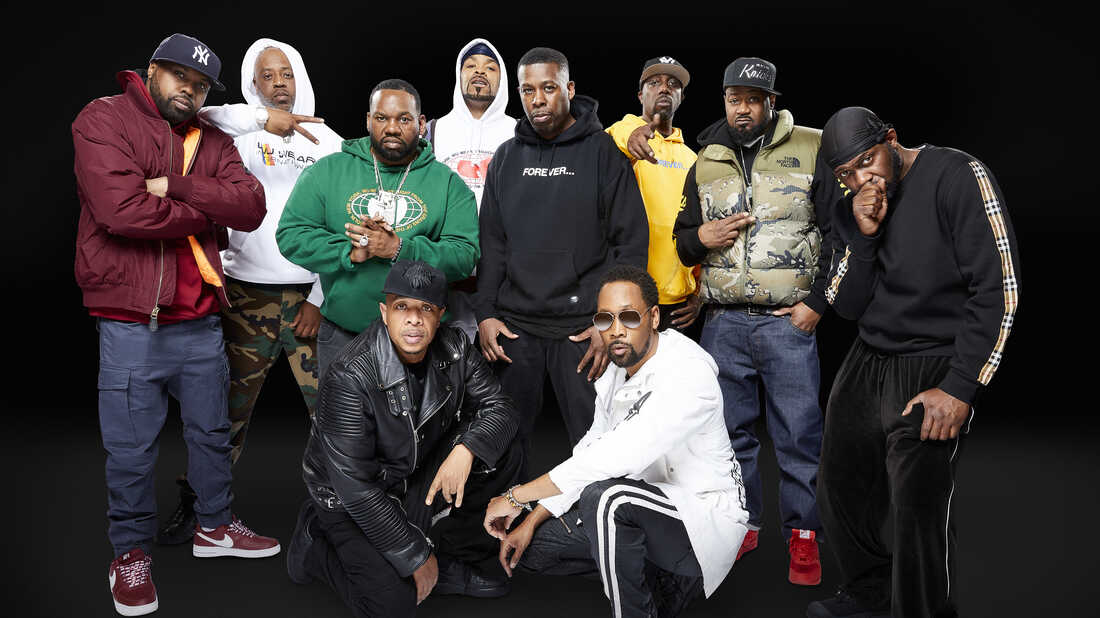
Hip Hop Now
Today, hip hop is more mainstream than ever, with many of the world’s biggest music stars coming from the hip hop genre.
One of the defining features of hip hop today is its eclecticism and diversity. Hip hop has become a global phenomenon, with artists from all over the world incorporating their own cultural and musical influences into the genre. This has led to the emergence of new subgenres and styles of hip hop, such as trap, drill, Afrobeat, and grime.
Hip hop is also more diverse in terms of its subject matter and themes. While some artists still focus on traditional hip hop themes such as street life and social justice, many others are exploring new topics and experimenting with different styles and sounds.
The rise of streaming platforms and social media has also had a significant impact on hip hop. These platforms have made it easier for artists to connect with fans and promote their music, leading to the emergence of new stars and the growth of independent hip hop scenes.
Overall, hip hop remains a vital and influential cultural force, with a bright future ahead.
Kendrick Lamar
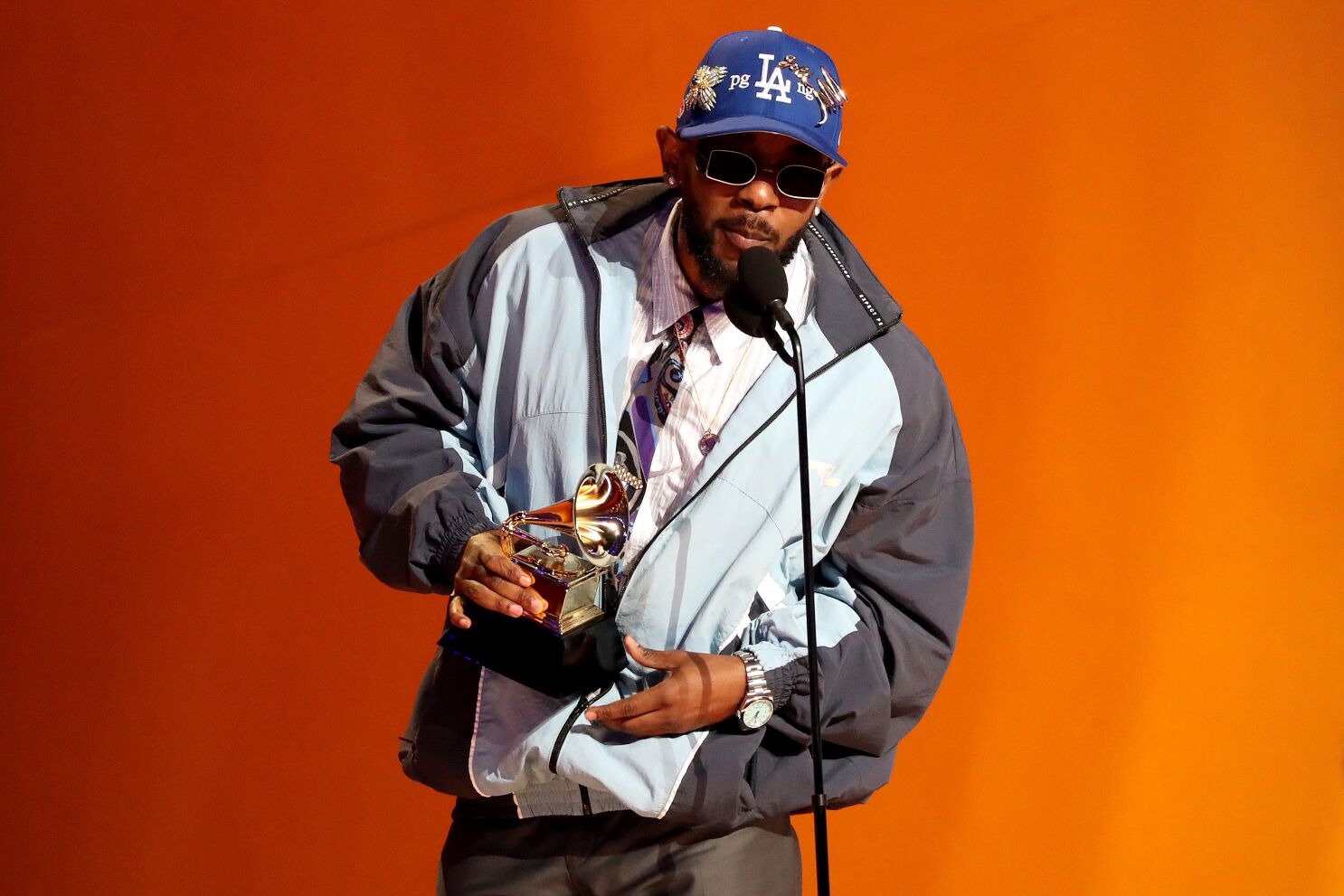
Kendrick Lamar is widely regarded as one of the most influential hip hop artists of his generation. He first gained widespread attention with the release of his major label debut album, “good kid, m.A.A.d city,” in 2012, which was a critical and commercial success. Since then, Lamar has continued to push the boundaries of hip hop with his socially conscious themes, innovative production, and intricate lyricism.
One of the key ways in which Kendrick Lamar has impacted hip hop is through his exploration of complex social and political issues. He often tackles topics such as race, poverty, and systemic injustice in his music, encouraging his listeners to think critically about these issues and inspiring other artists to do the same. His album “To Pimp a Butterfly,” for example, was widely acclaimed for its exploration of the black experience in America, and its use of jazz, funk, and spoken word to create a powerful and thought-provoking musical statement.
Lamar has also been influential in his use of storytelling in his music. His albums often feature interconnected narratives and characters, which create a larger narrative arc that is both compelling and thought-provoking. This approach has been praised for its ability to engage listeners on a deeper level, and for its contribution to the development of the concept album in hip hop.
Overall, Kendrick Lamar’s impact on hip hop has been significant and far-reaching. His socially conscious themes, innovative production, and intricate lyricism have inspired countless artists and helped to shape the direction of the genre in the 21st century.
Hip Hop's Influence on Culture
Hip hop has had a profound influence on culture in a variety of ways, shaping music, fashion, language, and social activism.
Music – Hip hop has been a driving force in popular music for decades, inspiring and influencing countless artists across genres. Many of today’s biggest stars in pop, R&B, and even rock have been influenced by hip hop, incorporating its beats, rhythms, and lyricism into their own music.
Fashion – Hip hop has also had a significant impact on fashion, from the baggy jeans and oversized t-shirts of the 90s to the more recent trend of incorporating streetwear and athleisure into high fashion. Many hip hop artists have become style icons in their own right, influencing trends and setting new standards for what is considered fashionable.
Language – Hip hop has also had a profound impact on language, introducing new slang and vernacular into mainstream culture. Phrases such as “dope,” “fly,” and “fresh” all originated in hip hop culture and have since become widely used in everyday language.
Social Activism – Finally, hip hop has been a powerful force for social activism, addressing issues such as racism, poverty, and police brutality through its music and activism. Many hip hop artists use their platform to advocate for social justice and encourage their listeners to take action and effect change.
Overall, hip hop’s influence on culture has been far-reaching and multifaceted, shaping music, fashion, language, and social activism in ways that continue to resonate today.
